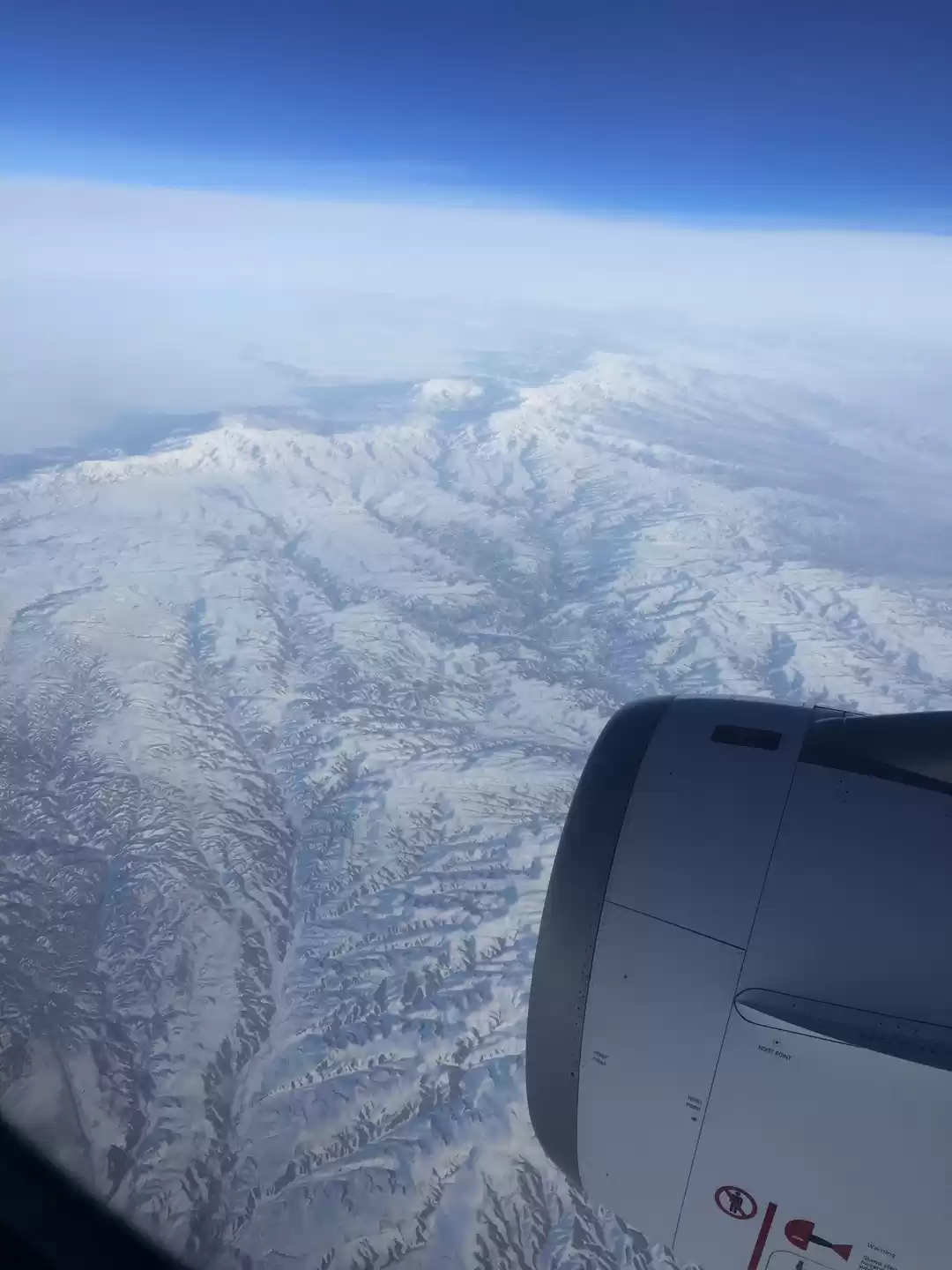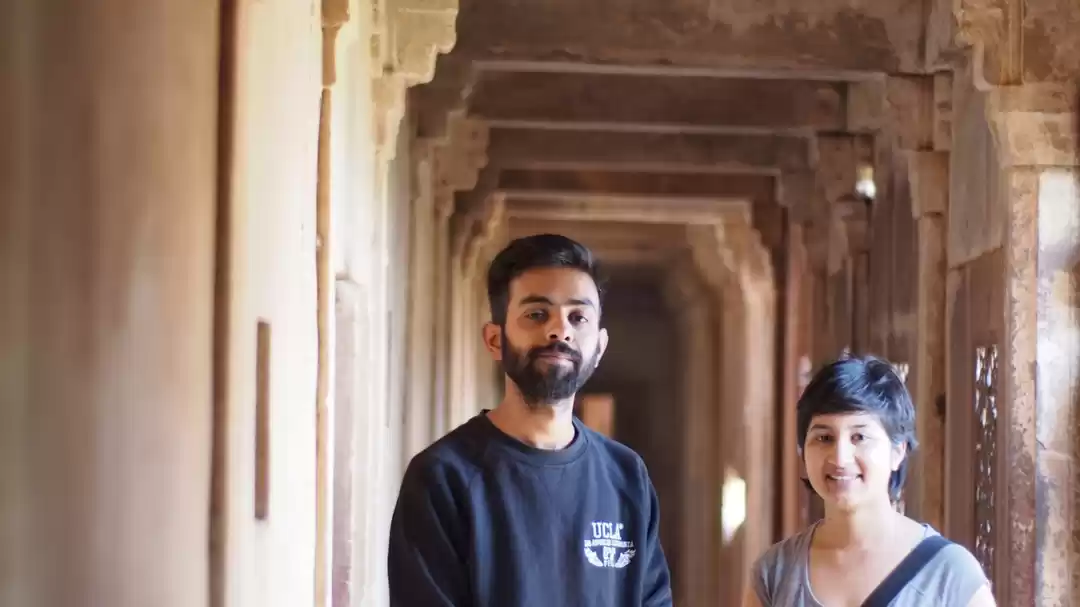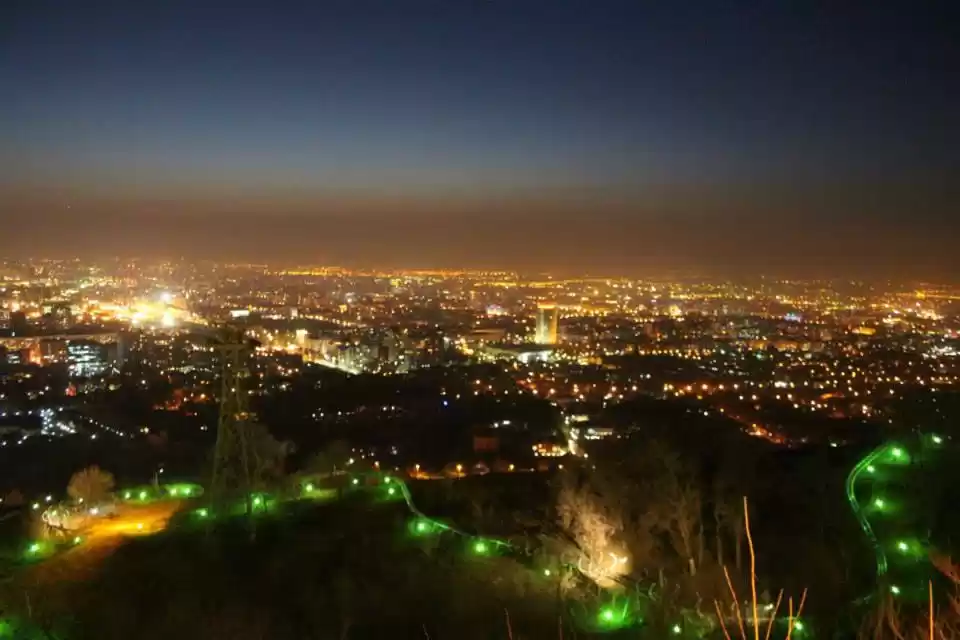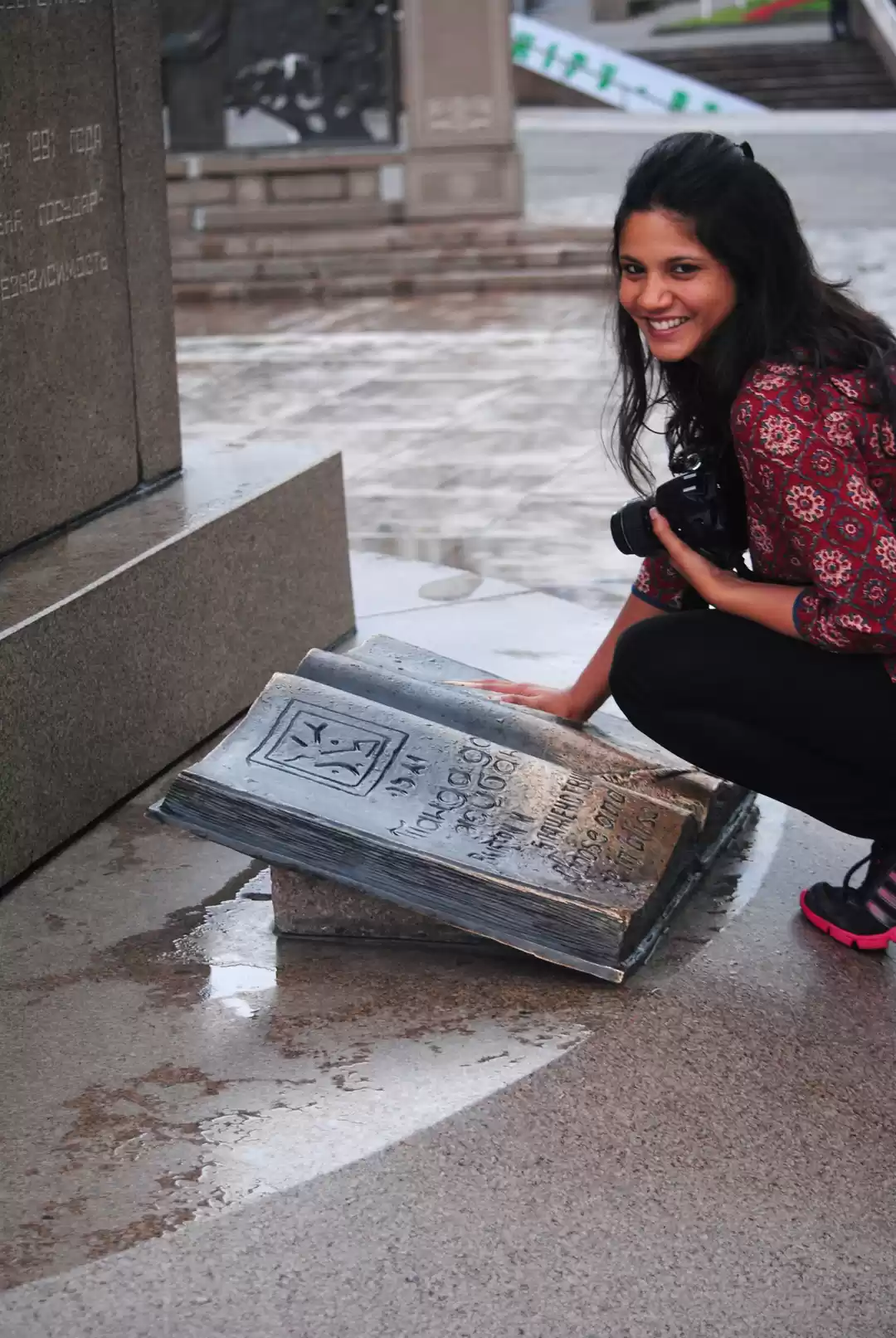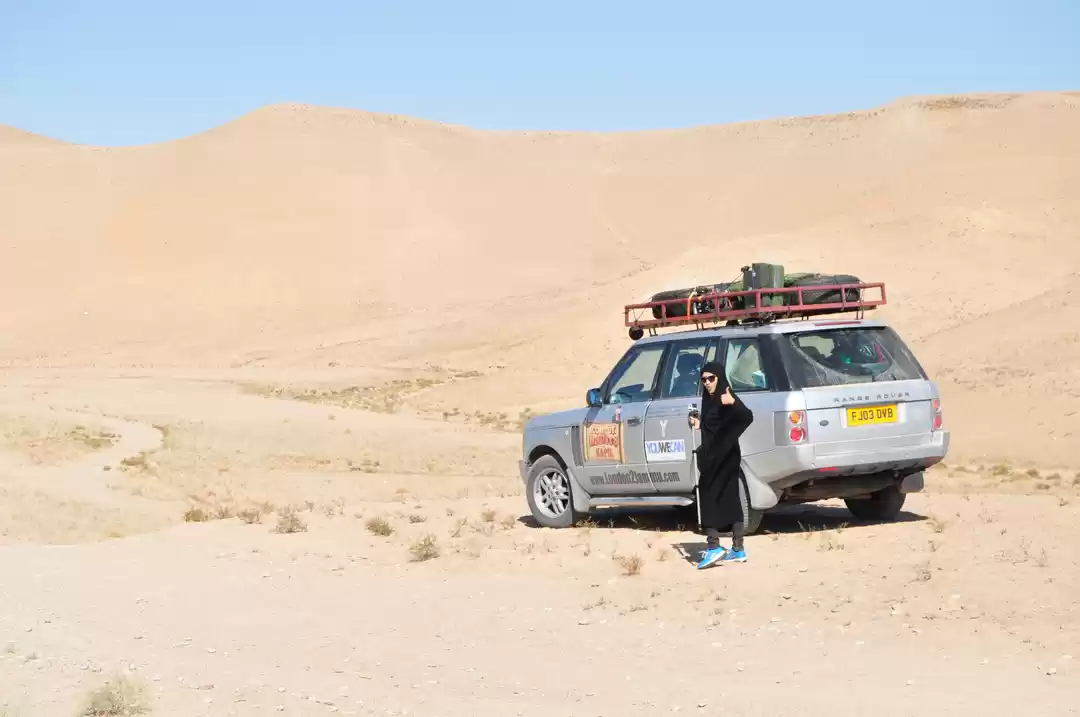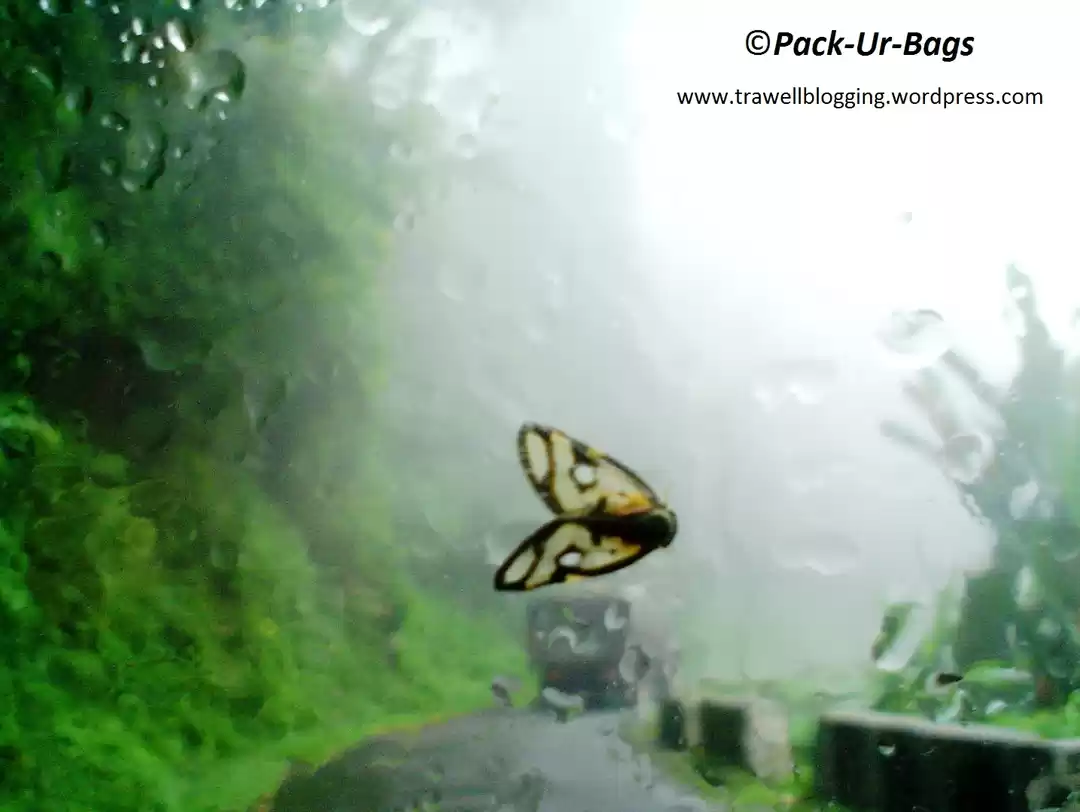Kazakhstan Tourism and Travel Guide
Kazakhstan (/ˌkaːzəkˈstaːn/; Kazakh: Қазақстан, Qazaqstan), officially the Republic of Kazakhstan, is a country in Central Asia, with a minor part west of the Ural River and thus in Europe. Kazakhstan is the world's largest landlocked country by land area and the ninth largest country in the world. Its territory of 2,724,900 square kilometres (1,052,100 sq mi) is larger than all of Western Europe. In 2006, Kazakhstan had become the dominant nation of Central Asia economically, generating 60% of the region's GDP, primarily through its oil/gas industry. The country has vast mineral resources.It has borders with (clockwise from the north) Russia, China, Kyrgyzstan, Uzbekistan, and Turkmenistan, and also adjoins a large part of the Caspian Sea. The terrain of Kazakhstan includes flatlands, steppe, taiga, rock canyons, hills, deltas, snow-capped mountains, and deserts. With an estimated 18 million people as of 2014 Kazakhstan is the 61st most populous country in the world. Given its large land area, its population density is among the lowest, at less than 6 people per square kilometre (15 people per sq. mi.). The capital is Astana, where it was moved in 1997 from Almaty.The territory of Kazakhstan has historically been inhabited by nomadic tribes. This changed in the 13th century, when Genghis Khan occupied the country as part of the Mongolian Empire. Following internal struggles among the conquerors, power eventually reverted to the nomads. By the 16th century, the Kazakh emerged as a distinct group, divided into three jüz (ancestor branches occupying specific territories). The Russians began advancing into the Kazakh steppe in the 18th century and, by the mid-19th century, they nominally ruled all of Kazakhstan as part of the Russian Empire. Following the 1917 Russian Revolution and subsequent civil war, the territory of Kazakhstan was reorganized several times. In 1936 it was made the Kazakh Soviet Socialist Republic, considered an integral part of the Soviet Union.Kazakhstan was the last of the Soviet republics to declare independence following the dissolution of the Soviet Union in 1991. The current President, Nursultan Nazarbayev, has been leader of the country since then, and is characterized as authoritarian, with a government history of human rights abuses and suppression of political opposition. Kazakhstan has worked to develop its economy, especially its dominant hydrocarbon industry. Human Rights Watch says that 'Kazakhstan heavily restricts freedom of assembly, speech, and religion.' and other human rights organizations regularly describe Kazakhstan's human rights situation as poor.Kazakhstan is populated by 131 ethnicities, including Kazakhs (who make up 63 percent of the population), Russians, Uzbeks, Ukrainians, Germans, Tatars, and Uyghurs. Islam is the religion of about 70% of the population, with Christianity practiced by 26%; Kazakhstan officially allows freedom of religion but religious leaders who oppose the government are suppressed. The Kazakh language is the state language, and Russian has equal official status for all levels of administrative and institutional purposes, related to the long history of Russian dominance in the region.

